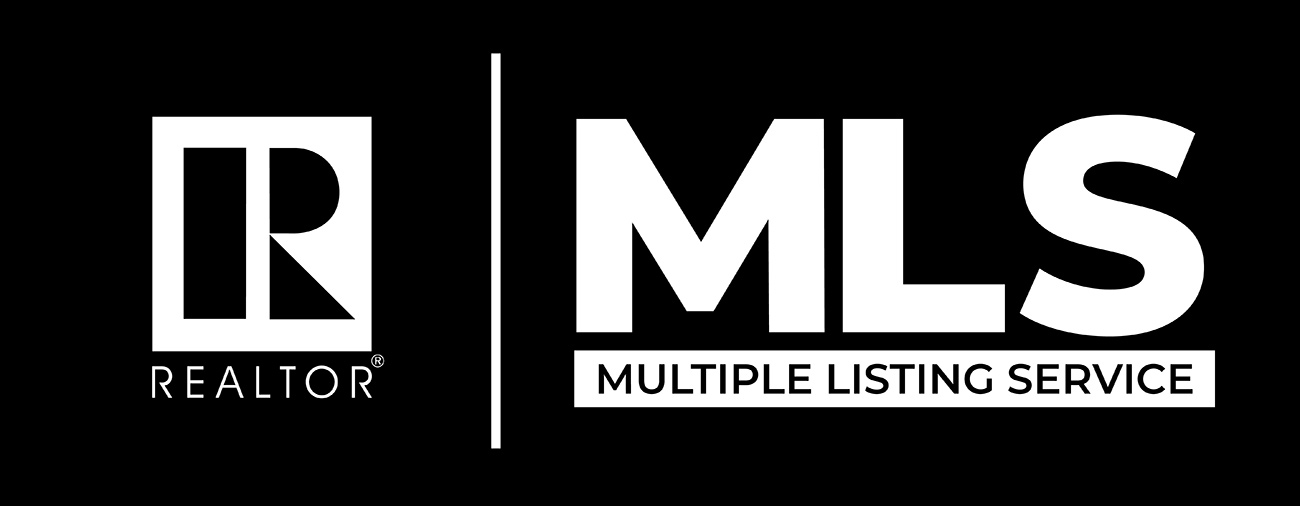Renting in Ontario? Here’s a Step-by-Step Guide to the Leasing Process
Renting a home in Ontario can feel overwhelming, especially if you’re a first-time renter or a newcomer. From preparing the right documents to finally receiving your keys, there are several steps involved—and missing just one detail could delay your move.
In today’s post, I’m breaking down the general leasing process into 5 simple steps so you know exactly what to expect.
Step 1: Prepare Your Documents/Information
Before you start viewing properties, you’ll want to have your paperwork ready. Landlords and property managers often request:
-
Income proof (like pay stubs)
-
Employment letter (indicating length of employment, post title, annual income, etc.)
-
Photo ID (issued by government)
-
Rental and employment history
-
Full credit report (with credit score)
-
Two References
-
Bank statements (if you’re a newcomer)
Having these on hand can make your application stand out and speed up the approval process.
Step 2: View Properties & Submit an Offer
This is the exciting part—touring potential homes! Once you find the right one, you’ll submit your offer along with your application and documents. Be sure to note any defects or issues you’d like the landlord to address. If your offer is accepted, you’ll move on to signing the lease.
Step 3: Pay the Deposit
Once your lease is accepted, timing is critical. The deposit usually needs to be paid within 24 hours by bank draft, which is then deposited into the brokerage’s trust account.
Step 4: Finalize the Setup
Before moving in, you may need to:
-
Register with property management office (if applicable)
-
Set up utilities
-
Purchase tenant insurance
-
Book an elevator for move-in day (for condos/apartments)
This step ensures everything is ready for a smooth transition into your new home.
Step 5: Handover & Follow-Up
The last step is key handover day! You’ll:
-
Schedule your key pickup
-
Provide key deposit
-
Inspect the unit and document any issues
And just like that—you’re officially moved in! 🎉
Final Thoughts
Renting doesn’t have to be stressful when you know the process. With preparation and the right guidance, you’ll be settling into your new space in no time.
If you’re a newcomer or first-time renter, I’ve also created a FREE Tenant Cheat Sheet with tips and resources to make leasing in Ontario even easier.
📲 Contact me today to get your copy and let’s make your next move simple and stress-free.
Cathy | Real Estate Salesperson
📲 Direct: 647-463-8810 📧 Email: cathy.tse@century21.ca
Instagram – Facebook – Linktree – Subscribe for News – Blog – WhatsApp

 Facebook
Facebook
 X
X
 Pinterest
Pinterest
 Copy Link
Copy Link














